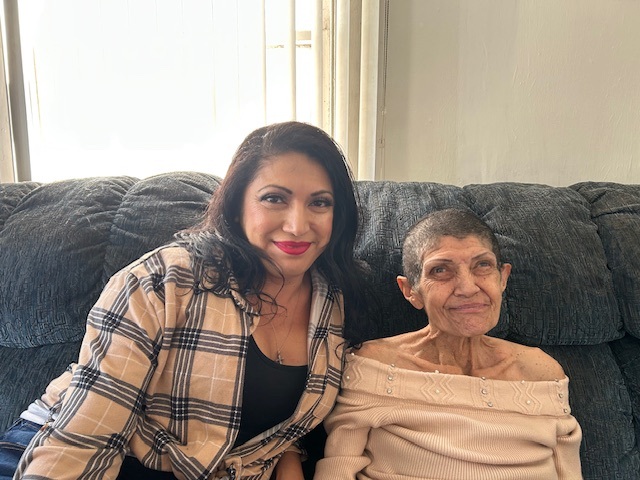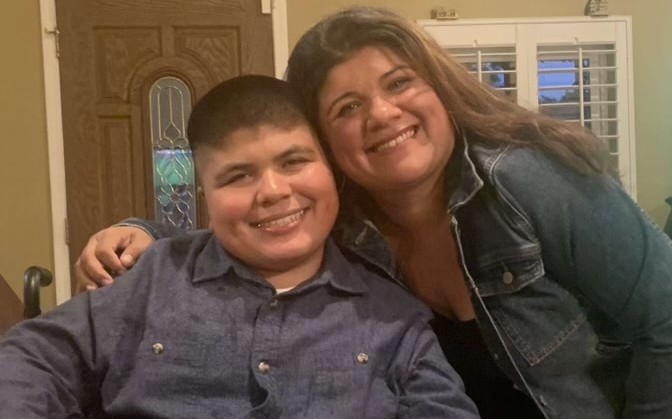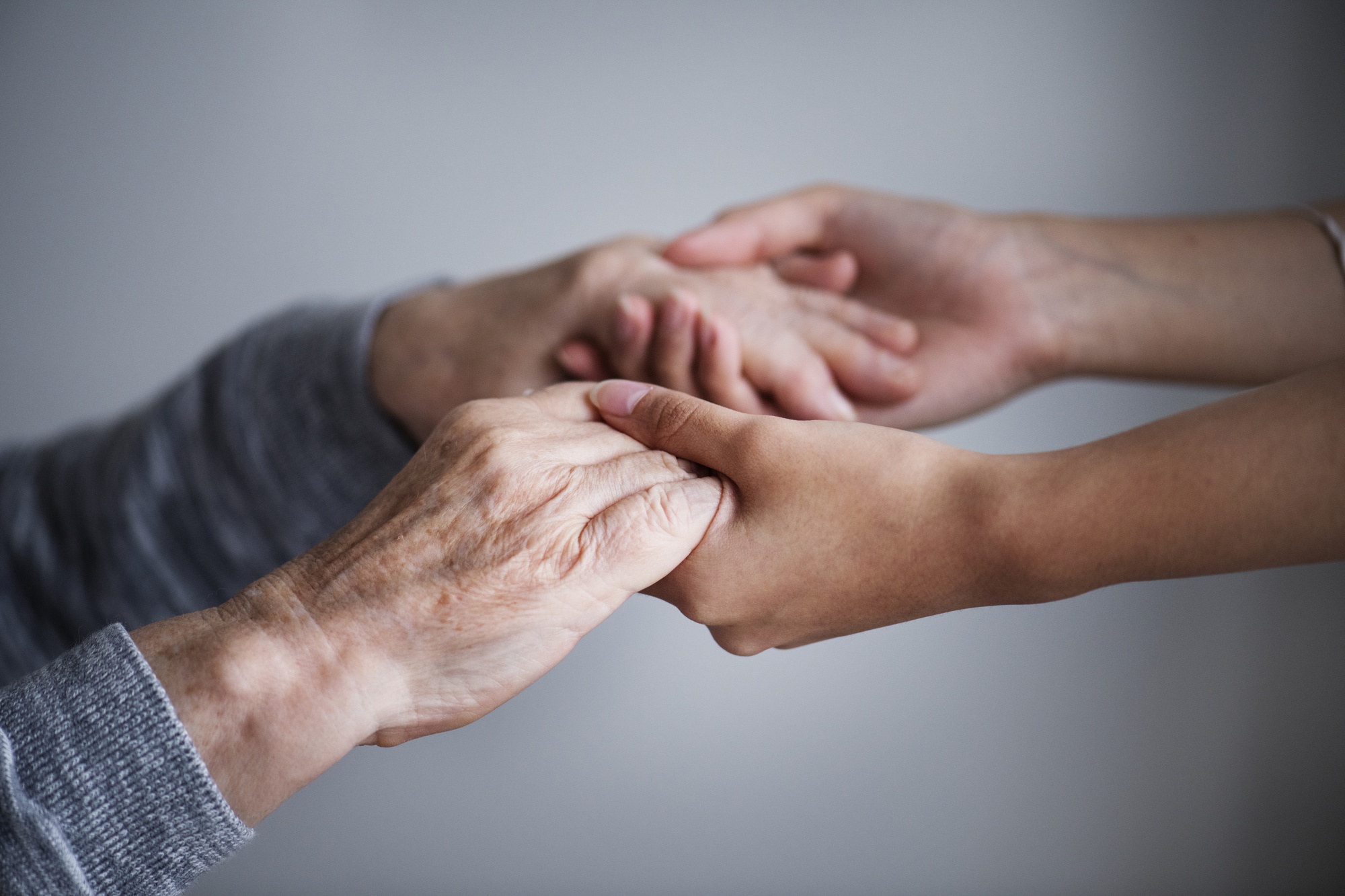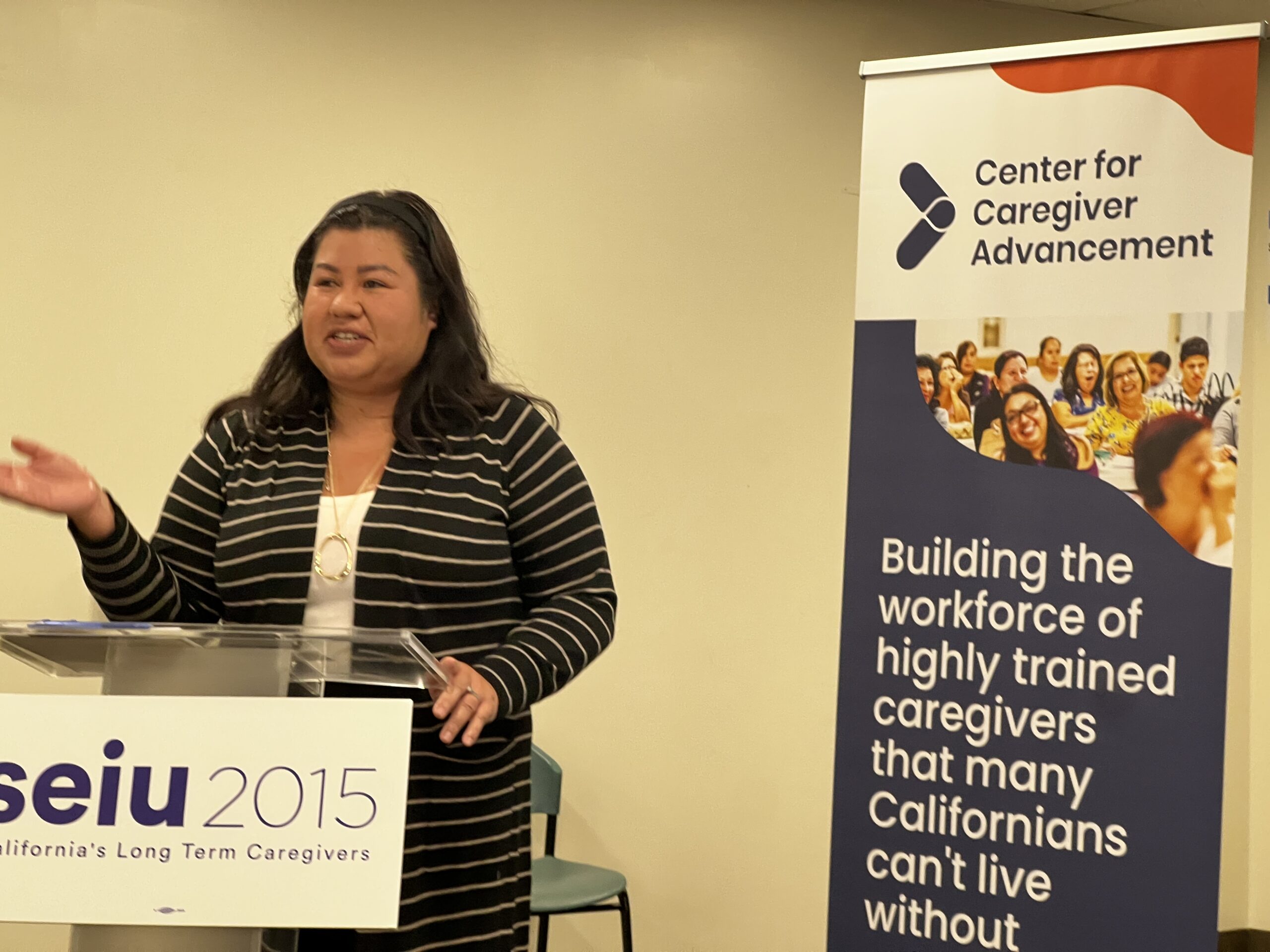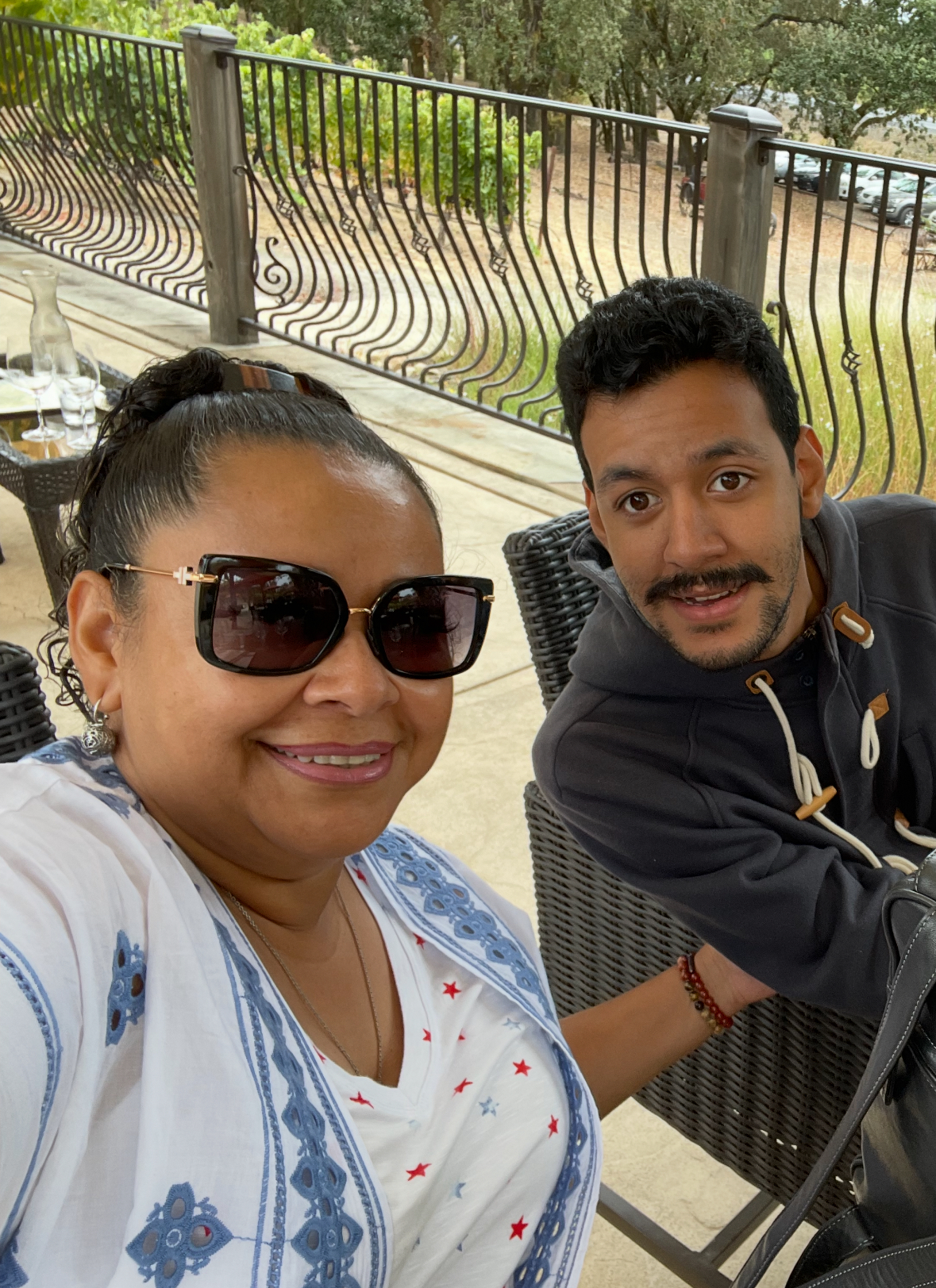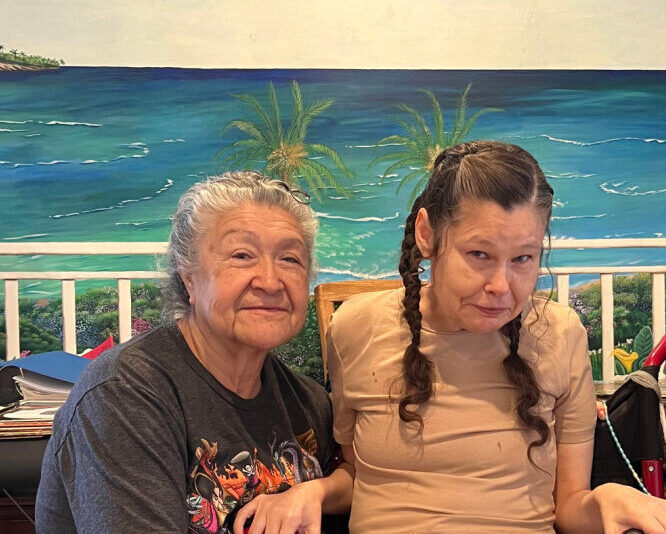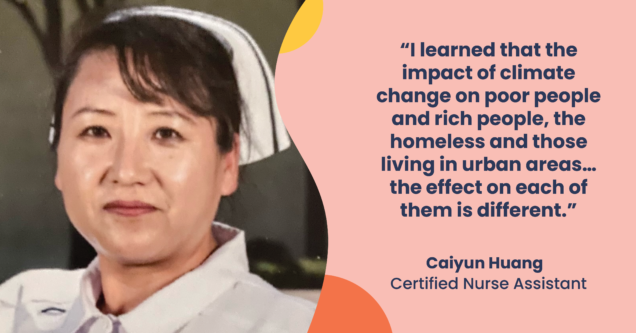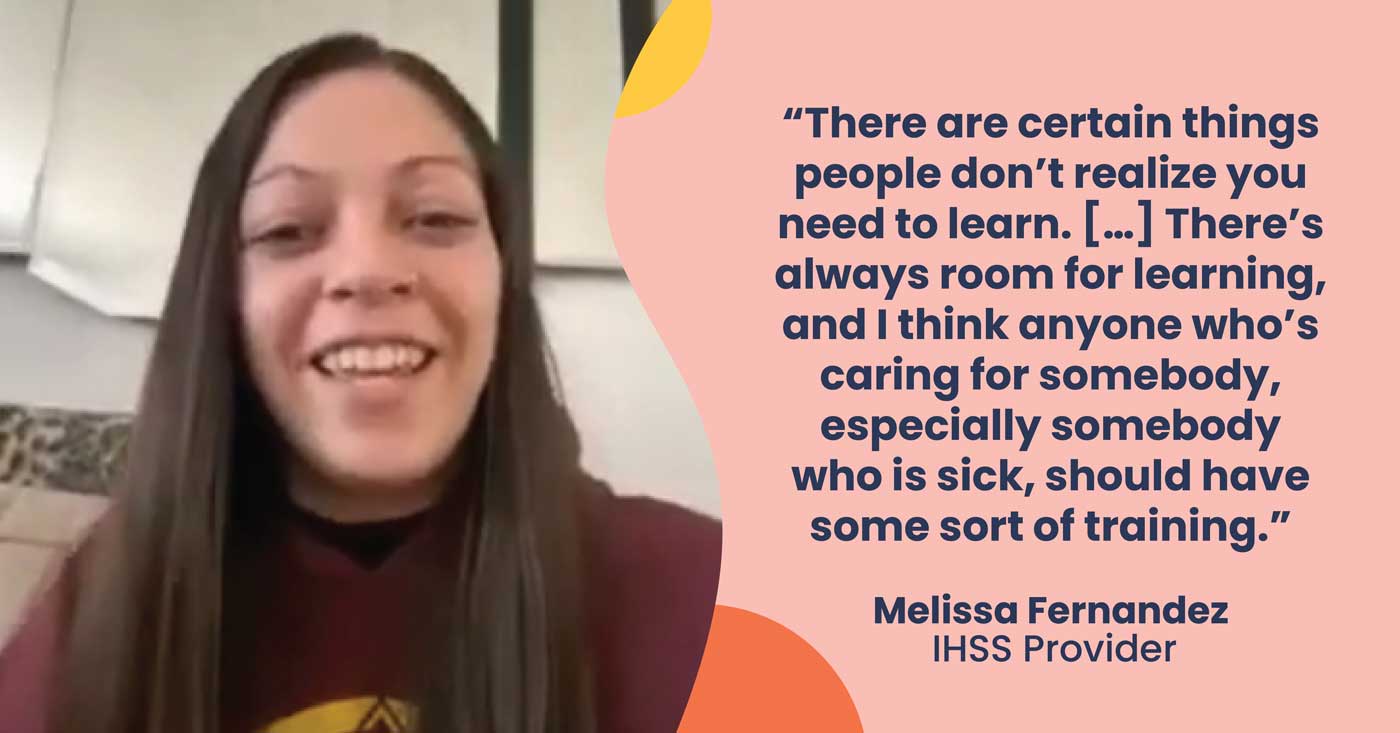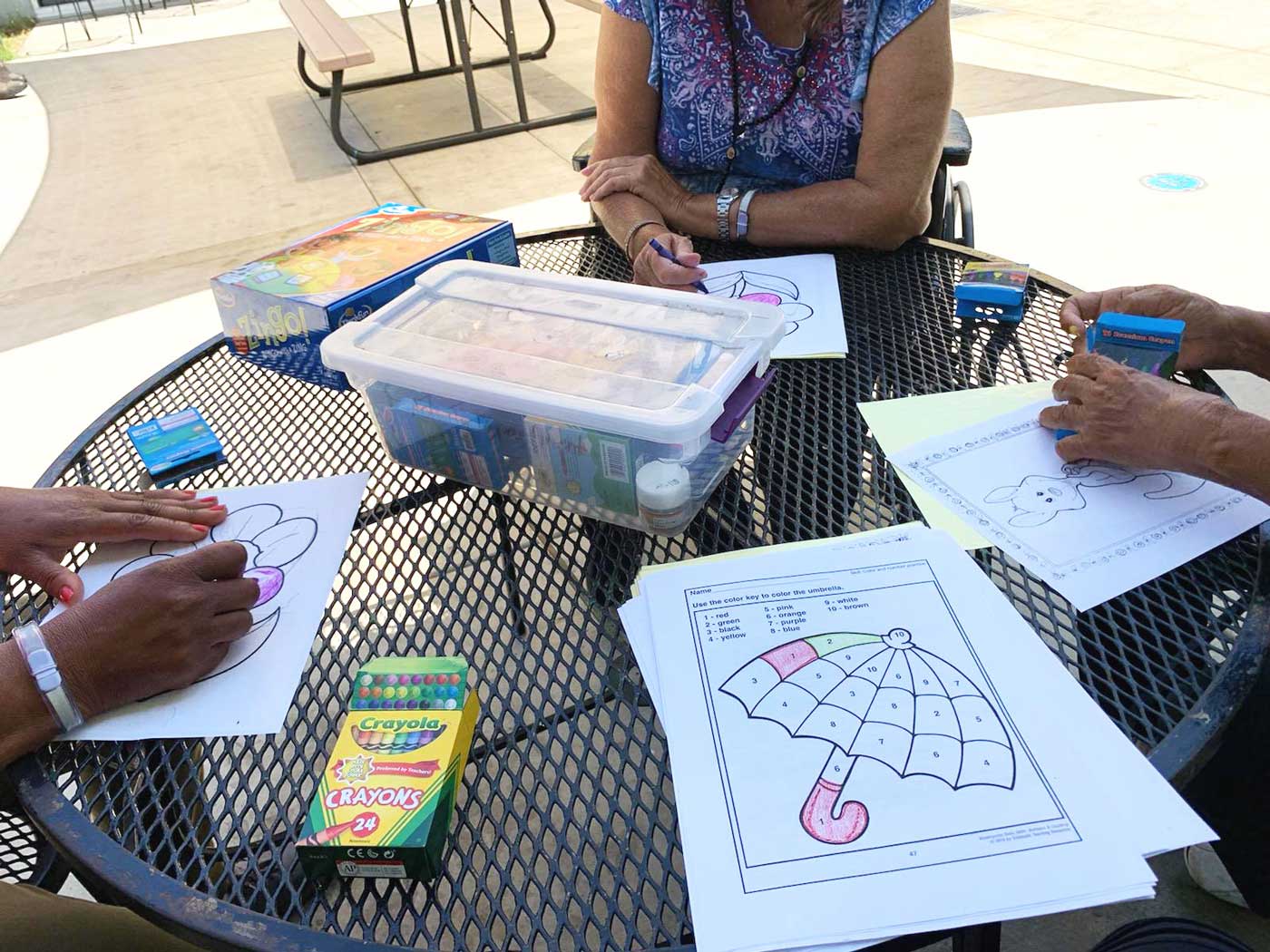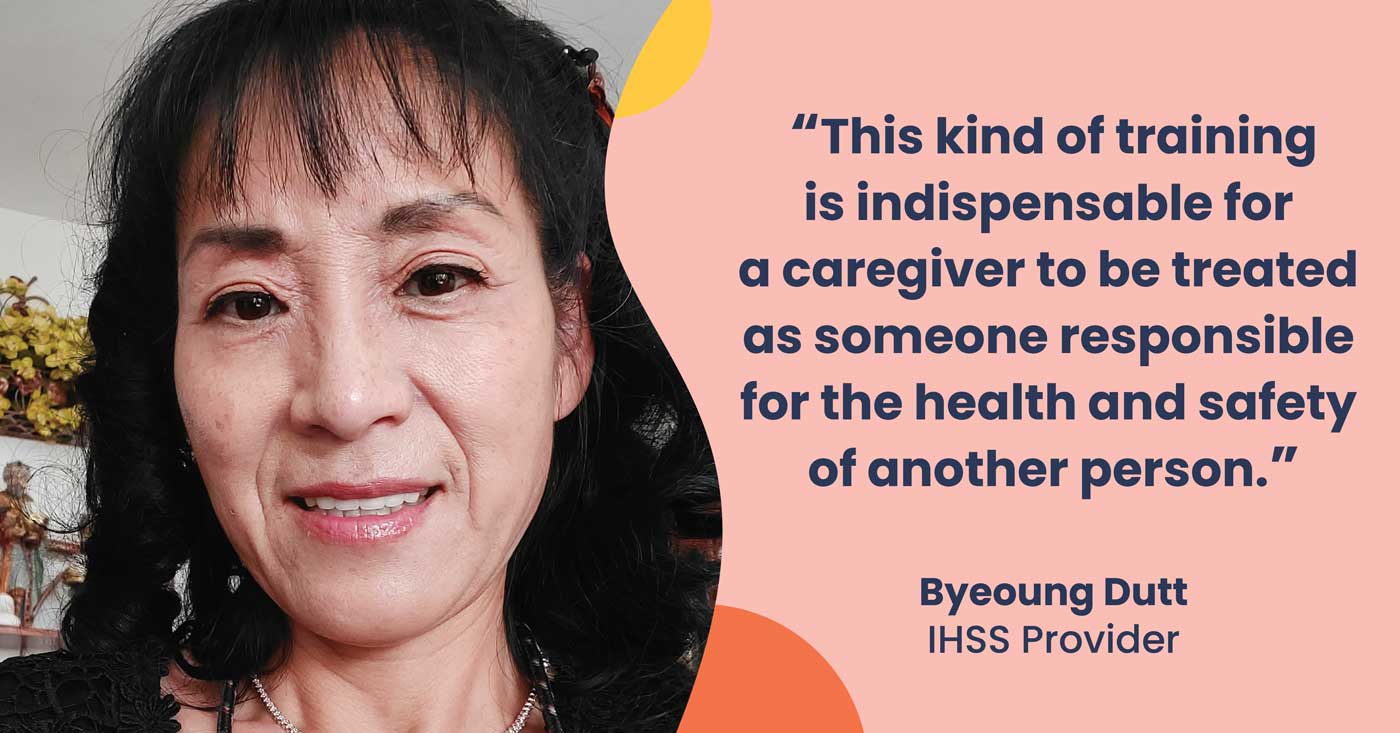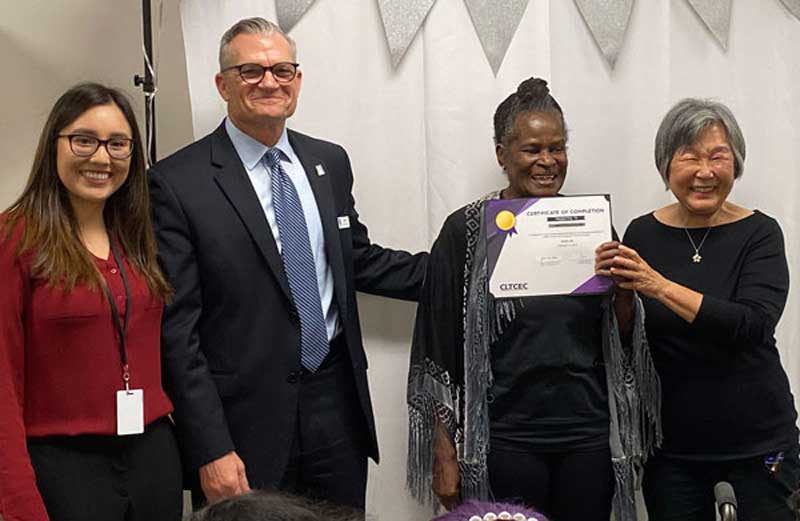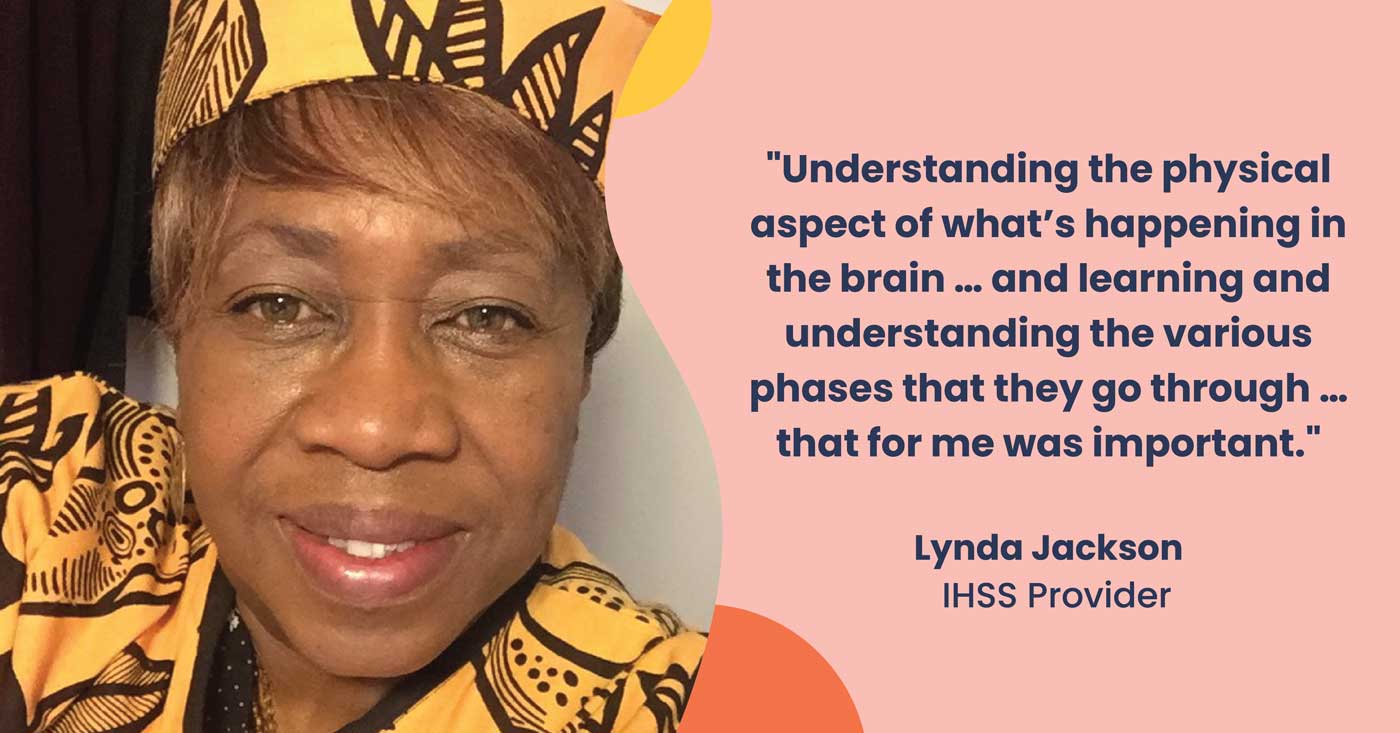A study of the Center for Caregiver Advancement (CCA)’s training program concludes that “training IHSS caregivers in California is an important step in ensuring the long-term well-being of older adults with ADRD.” The paper, “Competency-based training for in-home supportive services providers of consumers with ADRD,” was published in the Gerontology & Geriatrics Education journal in 2019.
“We see a positive difference in provider’s knowledge and confidence levels in caring for adults with Alzheimer’s and related dementia after completing the training. This translates into better care for the clients, as the providers are more skilled in managing this condition,” said Lourdes Guerrero, adjunct assistant professor of medicine at the UCLA David Geffen School of Medicine.
Guerrero co-authored the paper with Corinne Eldridge, President and CEO of CLTCEC, and Zaldy S. Tan, medical director of the UCLA Alzheimer’s and Dementia Care Program.
The paper studied the impact of CCA’s IHSS+ Alzheimer’s training course, which was initially developed in partnership with the UCLA Geriatrics Workforce Enhancement Program (GWEP) in 2017. It analyzed the program’s effect on the participant’s knowledge and skills gains, and their well-being, and how the training can translate to better care for older adult IHSS consumers.
CCA’s IHSS+ Alzheimer’s training program is a comprehensive, competency-based, 10-week course designed to enhance the skills and knowledge of caregivers who play a crucial role in maintaining the health and well-being of the seniors they serve. The modules cover essential caregiving skills such as communicating effectively, reducing caregiver stress, managing repetitive behaviors, and assisting with personal hygiene and activities of daily living. The curriculum uses CCA’s original IHSS+ training modules, with a special focus on teaching ADRD-specific caregiving skills. At the end of the program, participants earn First Aid and CPR Certification as part of their training aimed at providing better care.
“The most impactful elements of the training were the gains in providers’ confidence levels regarding safety concerns, communication issues, and managing Alzheimer’s and dementia-related behaviors. Equipping providers with knowledge and skills in these areas will greatly improve the quality of care the consumers receive and, I hope, will lead to more satisfying care relationships,” said Guerrero.
The study found statistically significant gains in the participants’ overall confidence in caring for a person with dementia or Alzheimer’s. Participants reported that, after the training, they felt more confident and qualified to provide better care. They cited greater skill and confidence in performing specific tasks like how to ensure the person’s safety at home and how to keep a person with dementia or Alzheimer’s from wandering. Participants also noted significantly improved confidence in managing their caregiver tasks and in their ability to calm themselves down, thus improving their own overall well-being.
CCA’s curriculum and training model will be the subject of a research study to be conducted by UC San Francisco (UCSF). In 2019, the California Department of Public Health awarded a five-year, $3.2 million Alzheimer’s Research Award to UCSF in partnership with CCA and Alameda Alliance for Health.
CCA will provide the training to 600 IHSS providers over five years in Alameda County, with the first cohort starting in September.
“Our training program builds skills so caregivers can deliver higher quality care and better health outcomes for the people they serve,” says Corinne Eldridge, president and CEO of CCA, formerly CLTCEC. “ADRD now affects over 650,000 adults in California. With the increasing number of older adults, the growth of individuals living with Alzheimer’s disease or related dementia will increase. Caregivers play — and will continue to play — a crucial role in maintaining the health and well-being of these older adults.”




